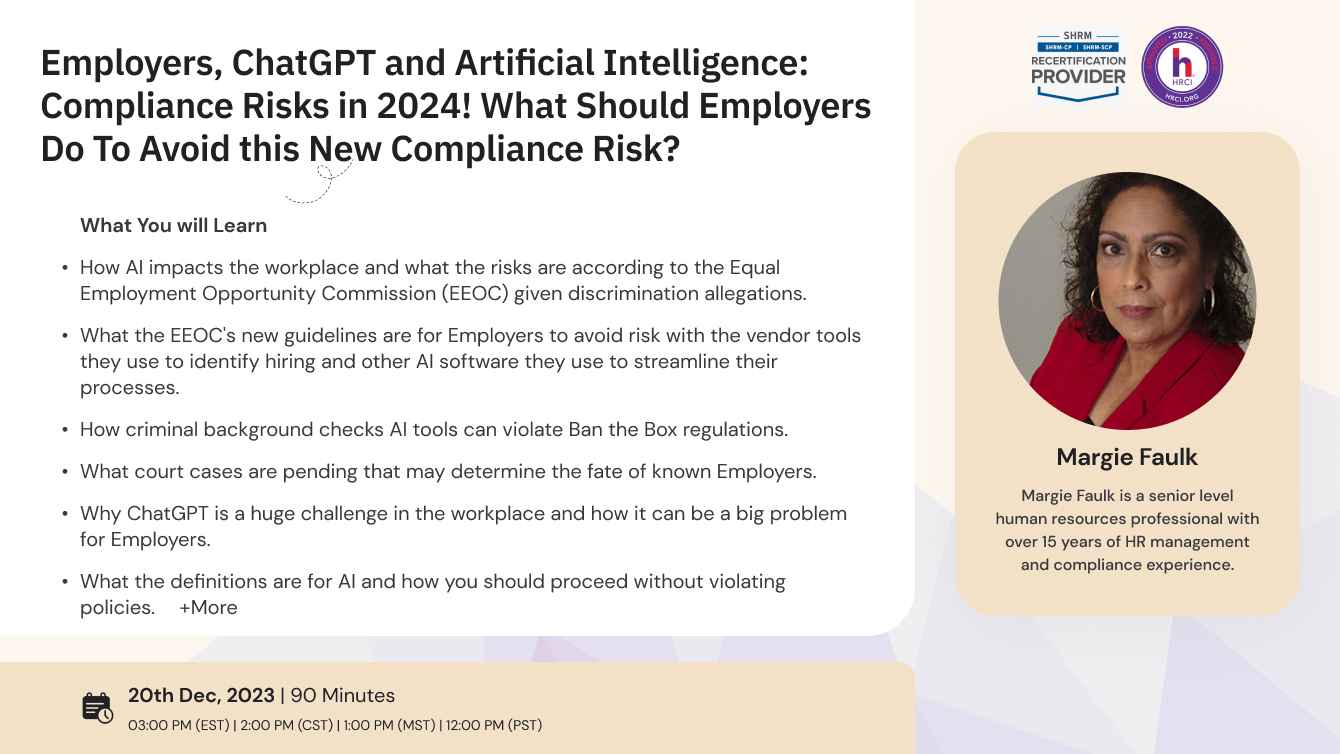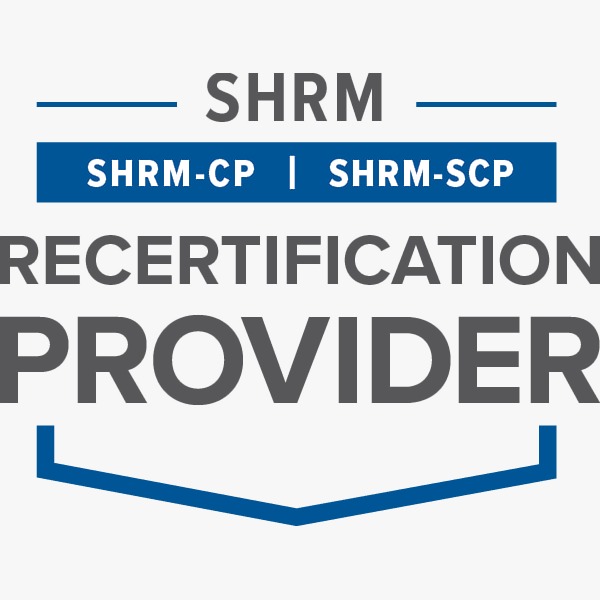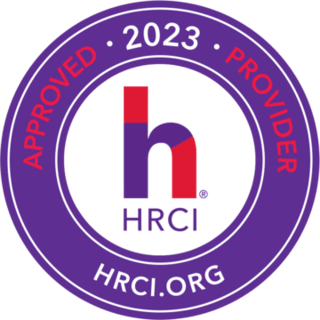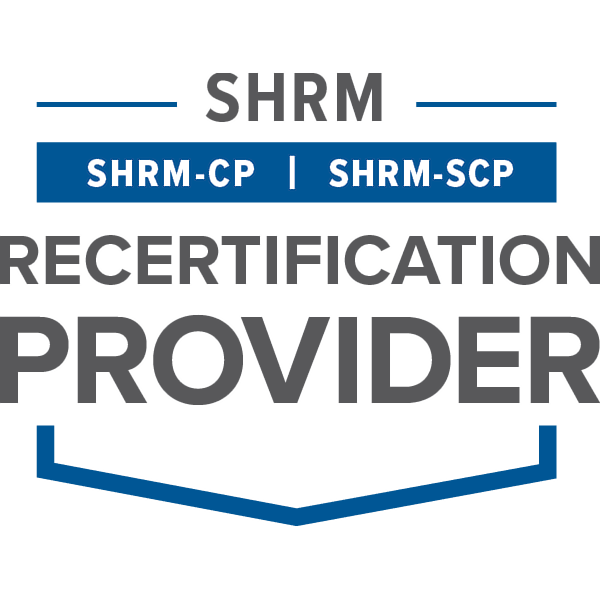- Topics
- Webinars
- Products & Services
- Customer Help
- Resources



83% of employers and 99% of Fortune 500 companies use some type of automated tool in their hiring processes, according to the Equal Employment Opportunity Commission (EEOC). EEOC has established a guidance tool to help Employers to manage AI without violating discrimination protections.
First, front-line HR managers and procurement folks who routinely source AI hiring tools do not understand the risks. Second, AI vendors will not usually disclose their testing methods and will demand companies provide contractual indemnification and bear all risk for the alleged adverse impact of the tools.
Employers can't rely on a vendor's assurances that its AI tool complies with Title VII of the Civil Rights Act of 1964. If the tool results in an adverse discriminatory impact, the employer may be held liable, the U.S. Equal Employment Opportunity Commission (EEOC) clarified in new technical assistance on May 18. The guidance explained the application of Title VII of the Civil Rights Act of 1964 to automated systems that incorporate artificial intelligence in a range of HR-related uses.
The EEOC puts the burden of compliance squarely on employers. "[I]f an employer administers a selection procedure, it may be responsible under Title VII if the procedure discriminates on a basis prohibited by Title VII, even if the test was developed by an outside vendor," the agency states in its technical assistance guidance.
One noteworthy area where AI is gaining significant traction is within the workplace. AI chatbots, such as Bard AI, ChatGPT, and Perplexity AI, are revolutionizing how employees interact with technology to streamline tasks and enhance productivity. A recent Reuters article titled "ChatGPT fever spreads to the U.S. Workplace, sounding alarm for some" sheds light on this trend, highlighting both the opportunities and challenges associated with the increased use of AI chatbots in professional settings.
A few key areas concerning AI for HR include recruiting, employee monitoring, and data privacy.
Tools like resume scanners, chatbots, video interviewing software, and testing software are often used during the recruiting or hiring process. While you might not think about these as artificial intelligence since they have been around for a while, they use different aspects of AI. These tools also save time and make the job of the recruiter or hiring manager easier.
What else does AI impact in the workplace?
- Privacy Breaches
- Transparency
- Accountability
- Hiring & Selection
- Discrimination
- Violations of the American Disabilities Act (ADA)
- Confidentiality & Data Privacy
States are also reviewing their exposure to AI and as a result, they already have laws in place related to the use of artificial intelligence in the workplace. This will impact Employers in multi-state locations, especially remote employees.
- How AI impacts the workplace and what the risks are according to the Equal Employment Opportunity Commission (EEOC) given discrimination allegations.
- What the EEOC's new guidelines are for Employers to avoid risk with the vendor tools they use to identify hiring and other AI software they use to streamline their processes.
- How criminal background checks AI tools can violate Ban the Box regulations.
- What court cases are pending that may determine the fate of known Employers.
- Why ChatGPT is a huge challenge in the workplace and how it can be a big problem for Employers.
- What the definitions are for AI and how you should proceed without violating policies.
- What the Chatbots are and what is their function.
- What Employers can do to mitigate AI issues and concerns.
- What states already have AI regulations and what the penalties are for violating those regulations
- What policies Employers should have to avoid non-compliance due to the AI tools they are using.
- What safeguards Employers can put in place that will assist in reducing compliance risks.
- How training of managers/supervisors and other professionals should be mandated to attend training to circumvent inadvertent violations due to not being prepared.
There have been significant court cases that are pending and litigation is expected to result in many challenges for Employers. Employers need to take these cases seriously as well as federal and state regulations.
Current cases include Workday Inc., a maker of AI applicant screening software, which is in the middle of a class action lawsuit that alleges its products promote hiring discrimination. The lawsuit, filed in February 2023 alleges that Workday engaged in illegal age, disability, and race discrimination by selling its customers the company’s applicant-screening tools, which use biased AI algorithms.
Other pending court cases will reveal the risk that Employers are taking. They need to prepare to include policies to protect the company, consumers, and employees.
- All Employers
- Business Owners
- Company Leadership
- Compliance professionals
- Payroll Administrators
- HR Professionals
- Managers
- Supervisors
- Small Business Owners

Margie Faulk is a senior level human resources professional with over 15 years of HR management and compliance experience. A current Compliance Advisor for HR Compliance Solutions, LLC, Margie, has worked as an HR Compliance advisor for major corporations and small businesses in the small, large, private, public, Non-profit sectors and International compliance. Margie has provided small to large businesses with risk management strategies that protect companies and reduces potential workplace fines and penalties from violation of employment regulations. Margie is bilingual (Spanish) fluent and Bi-cultural. Margie’s area of expertise includes Criminal Background Screening Policies and auditing, I-9 document correction and storage compliance, Immigration compliance, employee handbook development, policy development, sexual harassment investigations/certified training, SOX regulations, payroll compliance, compliance consulting, monitoring US-based federal, state and local regulations, employee relations issues, internal investigations, HR management, compliance consulting, internal/external audits, and performance management. Margie’s unique training philosophy includes providing free customized tools for all attendees. These tools are customized and have been proven to be part an effective risk management strategy. Some of the customized tools include the I-9 Self Audit. Correction and Storage program, Ban the Box Decision Matrix Policy that Employers can provide in a dispute for allegations, Family Medical Leave Act (FMLA) Compliance Guide, Drug-Free Workplace Volatile Termination E-Book and other compliance program tools when attendees register and attend Margie’s trainings. Margie holds professional human resources certification (PHR) from the HR Certification Institution (HRCI) and SHRM-CP certification from the Society for Human Resources Management. Margie is a member of the Society of Corporate Compliance & Ethics (SCCE).

SHRM -
Clatid is recognized by SHRM to offer Professional Development Credits (PDCs) for the SHRM-CPSM or SHRM-SCPSM. This program is valid for 1.5 PDCs for the SHRM-CPSM or SHRM-SCPSM. For more information about certification or recertification, please visit - portal.shrm.org.

HRCI -
This webinar has been approved for 1.5 HR (General) re-certification credit hours toward California, GPHR, HRBP, HRMP, PHR, and SPHR recertification through the HR Certification Institute.
The use of this seal is not an endorsement by the HR Certification Institute of the quality of the activity. It means that this activity has met the HR Certification Institute’s criteria to be pre-approved for re-certification credit.
Sign up now on clatid.io. Visit clatid.io/webinar to discover a wide range of webinars from industry specialists. Tick on either ‘live webinar’ or ‘on-demand’, and simply click on ‘buy now’ to get enrolled.
You can refer Clatid to anyone in your social circle. Explore your industry with your colleagues by getting them signed up on clatid.io today!
Go for the topic of your keen interest on clatid.io. Tick on ‘live webinar’ and get enrolled! Easy registration, transparent transaction.
You can request for an on-demand webinar that records the live webinar for you. After the webinar ends, you will have full access to the webinar’s recording. You can also explore Clatid offline to order your webinar DVDs, flash drives and transcripts.
If you can’t attend the live webinar, simply go for the ‘on-demand webinar’ for the same price! Now, the live webinar recording will be saved in a cloud storage for you to access anytime from anywhere.
Clatid offers both hard and soft copies of the webinars. It contains all the highlights as well as comprehensive descriptions of the webinar, so you never miss out a single detail.
After attending the live webinar, your certificate will be emailed to you. You can download it and add more charm to your professional score.
At the end of each webinar, you have the opportunity to interact with your industry experts, where you will get answers to all your queries.
Can’t attend the live webinar? Clatid has got you covered! You can always switch to the on-demand webinar from your portal. You can also get your hands on the webinar’s DVD/flash drive and transcript. So order them now!
Clatid brings a variety of options for offline learning. Order your DVDs, flash drives or transcripts now to have a lifetime access to Clatid webinars. You can also go for on-demand recordings. Download and watch it anytime from anywhere in the world!


